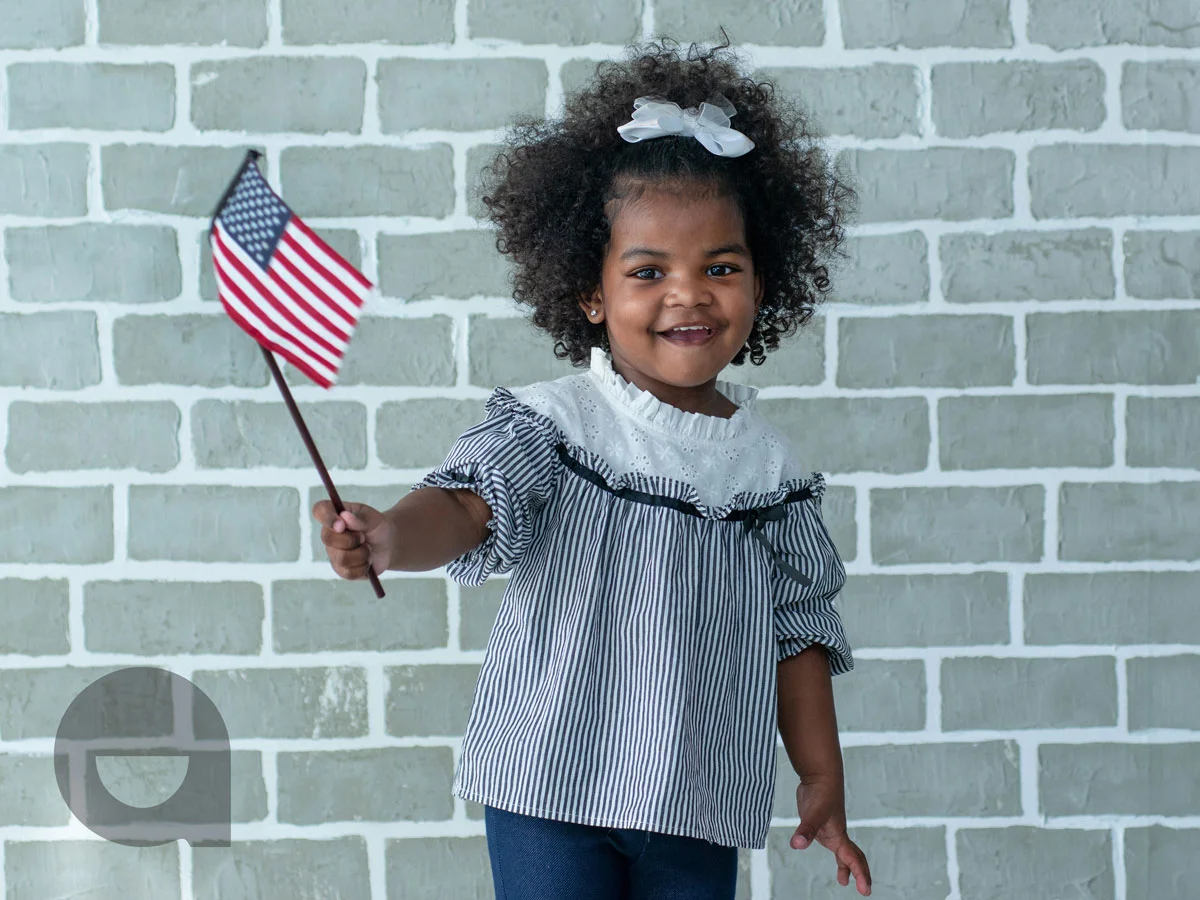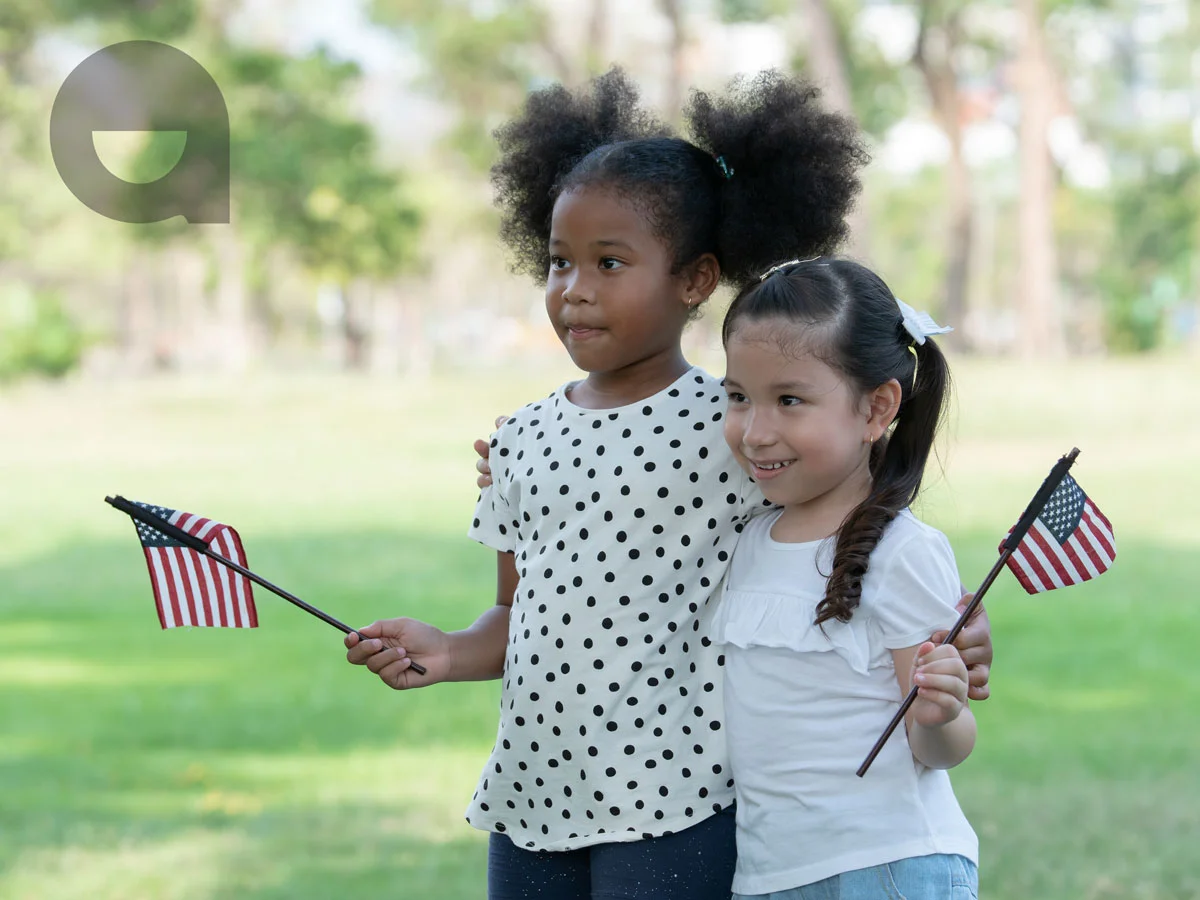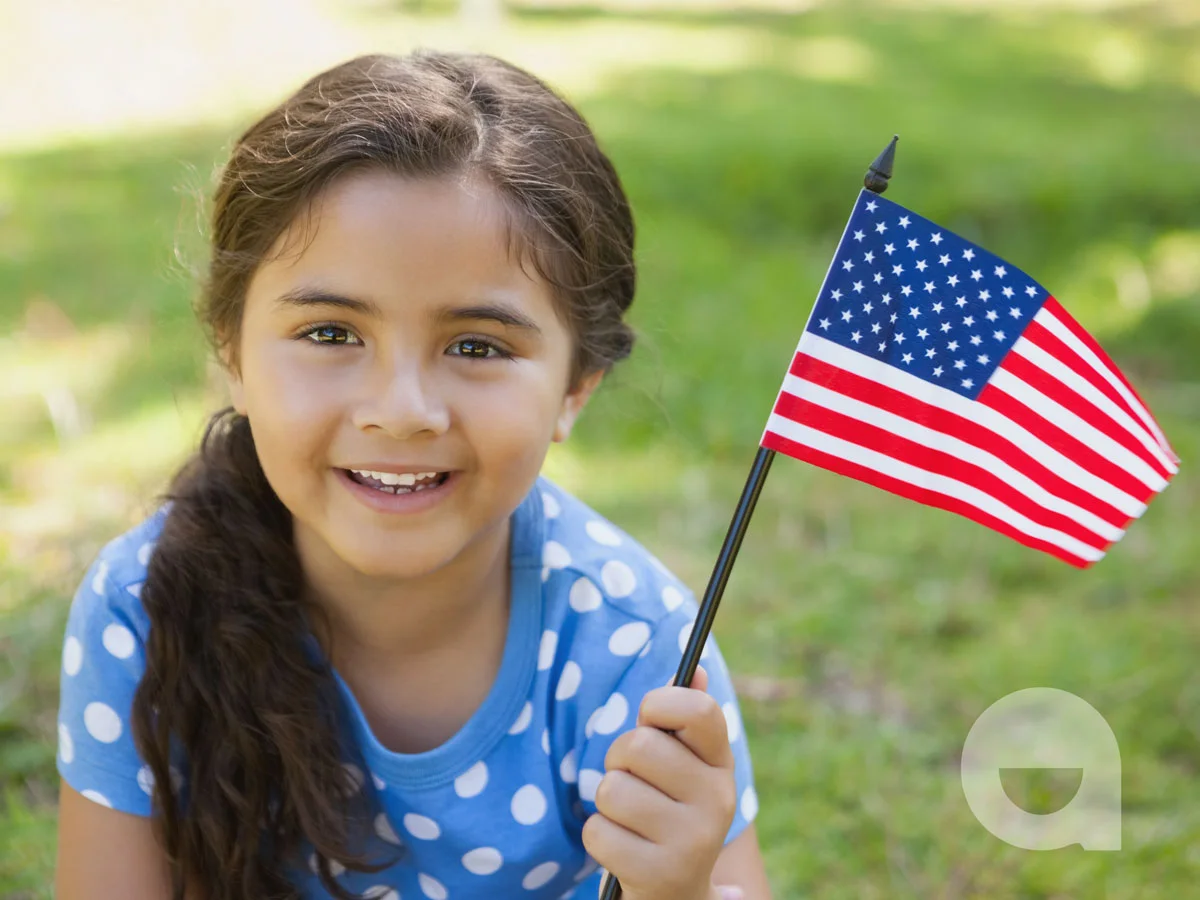Tips for an Autism-Friendly 4th of July

Tips for an Autism-Friendly 4th of July
The 4th of July is a time of celebration, but it can be overwhelming for children with autism due to sensory challenges. Here are some tips to help ensure a safe and enjoyable experience:

Considering Sensory Needs
Noise-Cancelling Headphones: Reduce the impact of loud sounds.
Prepare a Safe Space: Have a quiet area where your child can retreat if overwhelmed.
Practice Desensitization: Gradually expose your child to fireworks sounds using videos or recordings at a low volume, increasing as they become more comfortable.

Planning an Autism-Friendly 4th of July
Create a Schedule: Use visual schedules to outline the day’s activities.
Social Narratives: Explain the events and sensory experiences they might encounter using social narratives.
Familiar Environment: Celebrate in a familiar setting where your child feels safe.
Safety First
Stay Close: Monitor your child closely.
Identify Triggers: Be aware of potential triggers and have a plan to address them, like bringing favorite toys or comfort items.
Emergency Plan: Have an emergency plan, including a meeting point and a way to communicate if separated.
Engaging in the Festivities
Sensory-Friendly Activities: Engage in calming activities like water play, arts and crafts, or a quiet picnic.
Alternative Celebrations: Consider a smaller, controlled environment like a backyard celebration with sparklers or glow sticks.
Community Events: Look for sensory-friendly events in your area and bring comfort items and supports.

Additional Tips for a Smooth Celebration
Watch from a Distance: Reduce sensory input by watching fireworks from a distance or from the car.
Take Deep Breaths: Encourage your child to take deep breaths to stay calm.
Focus on Fun: Keep the mood light and positive. Your excitement can help them feel excited too.
Create a Special Space: Bring a favorite blanket, towel, or chair to create a defined space for your child.
Teach Break Requests: Ensure your child knows how to ask for a break if needed. Use verbal reminders or visual aids like communication cards.